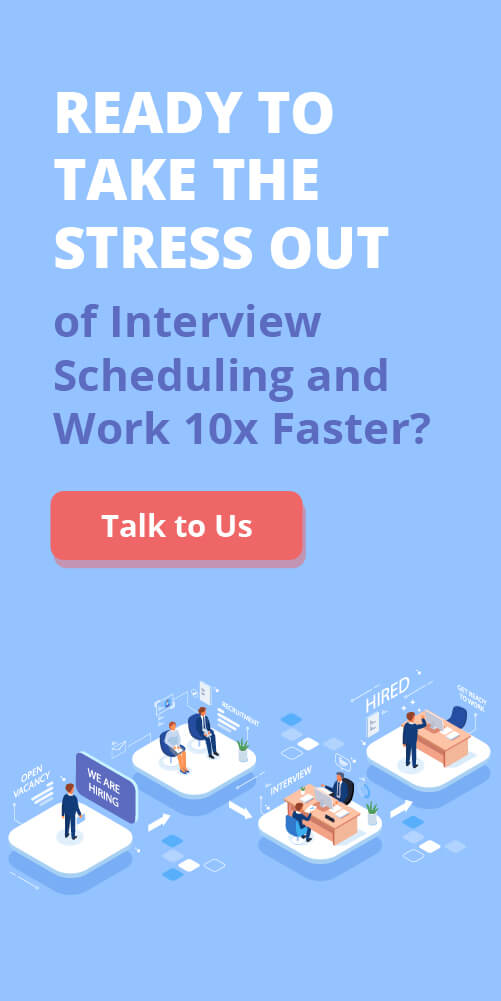Recruiting in 2025 looks a lot different from what it did just a few years ago. With application volumes rising and talent markets shifting fast, traditional hiring methods are struggling to keep pace.
According to the World Economic Forum, around 80% of companies globally now rely on some forms of AI to help screen candidates.
AI-powered virtual interviews are quickly becoming a core part of that process. When used thoughtfully, they bring structure, consistency, and deeper insights into each hiring decision. From reducing bias with standardized questions to analyzing candidate responses for key competencies and offering personalized feedback, AI is quietly reshaping how hiring is done.
We’ll dive into how leading companies are using AI virtual interviews ethically and effectively, and what that means for teams looking to make smarter, fairer decisions at scale.
Standardization That Levels the Field
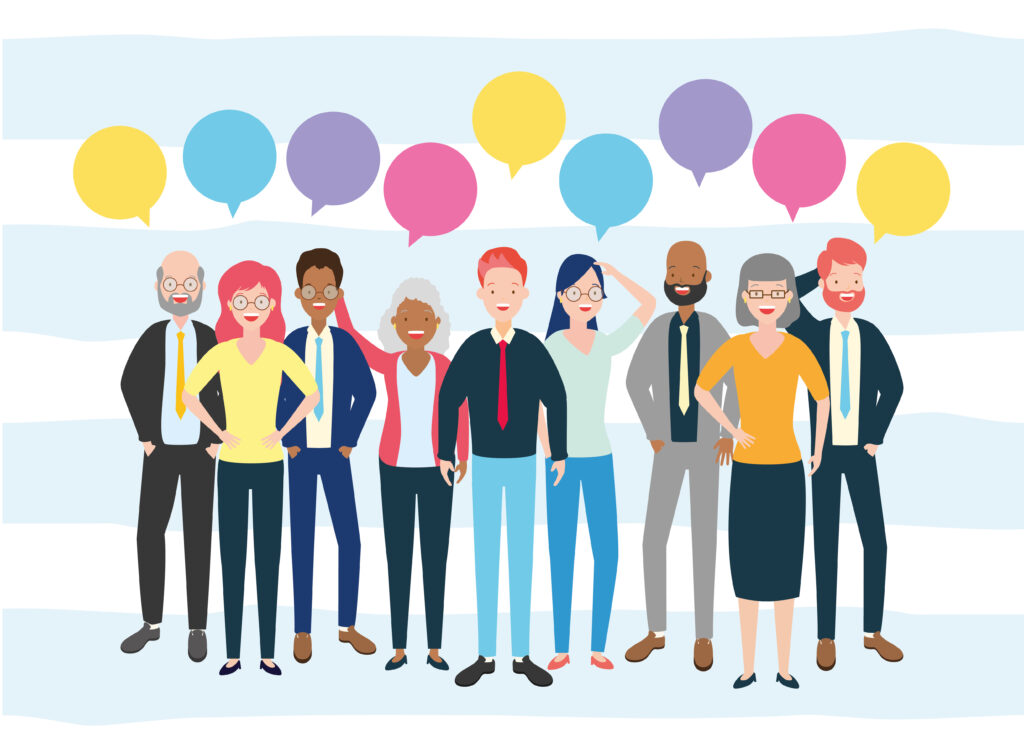
So, why do recruiters use virtual interviews with AI support? One of the clearest advantages of AI-powered virtual interviews is their ability to bring structure and consistency to the hiring process. Instead of relying on each interviewer’s style or memory, every candidate gets the same core questions and scores against the same criteria. That alone can go a long way in leveling the playing field.
Think about it: traditional interviews – even with the best intentions – can vary wildly depending on who’s asking the questions. Tone, phrasing, or even how much time a candidate gets to elaborate can unintentionally sway evaluations. By contrast, when the interview is standardized and focused on job-relevant competencies, everyone has a fairer shot.
It’s not just theory. Research published in the National Library of Medicine points to how structured interviews reduce the risk of bias by focusing on skills rather than personality or background. In fact, the report also explores AI-powered virtual interviews for medical school admissions, where stakes are high and fairness is critical, and has shown that using standardized, competency-based questions helps interviewers focus on what actually matters: can this person do the job?
In the hiring & recruitment world, the same principle applies. AI systems can ensure every candidate is asked about the same core competencies, i.e., collaboration, adaptability, or problem-solving, and responses are scored consistently. In short, AI doesn’t just streamline interviews – it can replace subjective back-and-forth communication with a more balanced foundation in the initial screening process, which helps hiring teams compare candidates more objectively.
A Push for Smarter Hiring with Natural Language Processing (NLP)
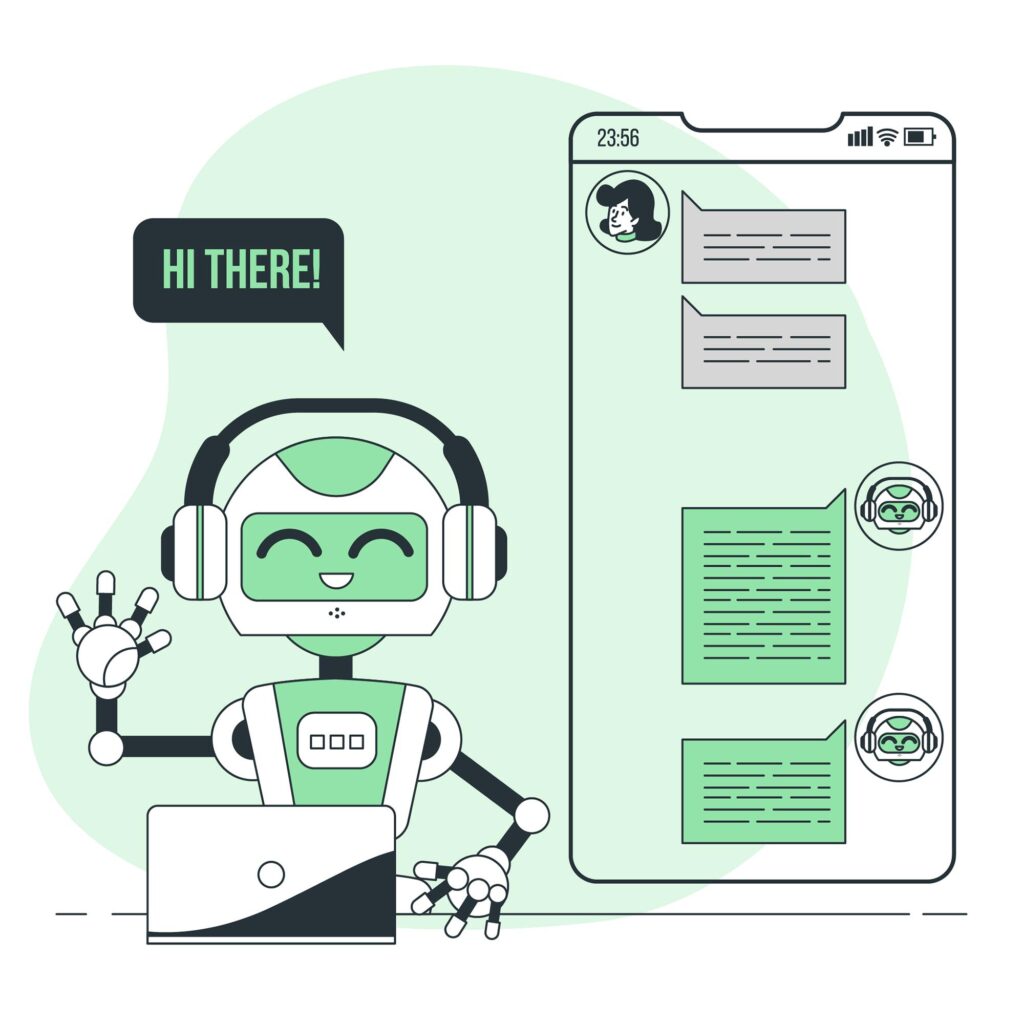
Consistency is just the beginning. What makes AI-powered interviews truly valuable in 2025 is their ability to help users dig deeper
Virtual interviews with AI support, like that of Sapia.ai and Interviewer.AI, use natural language processing (NLP) and other analytics; these systems transcribe and analyze candidate responses to identify evidence of core competencies.
Technology has come a long way. We are seeing the gradual appearance of AI-driven platforms like Acedit and Sourcebae.AI that adapt in real time, asking relevant follow-ups based on a candidate’s previous answers. That means interviews feel more like a conversation and less like a rigid questionnaire, while still staying structured enough to yield measurable insights.
And the data backs it up. In a 2025 study led by Stanford researchers, candidates who went through structured AI interviews were 53% more likely to pass subsequent human interviews, compared to just 29% from traditional resume screening.

The researchers also found that AI-generated interviews scored higher in both question quality and conversational flow, plus, they showed less variation between candidates, meaning more consistent treatment across the board.
This kind of intelligent analysis is helping recruiters zero in on real potential. Instead of just filtering for degrees or job titles, AI highlights concrete examples of competency, whether that’s analytical thinking, adaptability, or leadership.
That said, the goal isn’t to replace recruiters. It’s to empower them. Take Goldman Sachs, for instance. The company uses AI to sort through over a million applications each year, scanning for skills and experiences that match their needs. But the final decision still rests with their recruiting team, who bring in context, nuance, and human intuition.
The sweet spot lies in the blend: AI does the heavy lifting when it comes to parsing data and identifying signals of ability, and HR professionals use that foundation to make more thoughtful, accurate decisions. The result? A hiring process that’s not only faster, but smarter and fairer too.
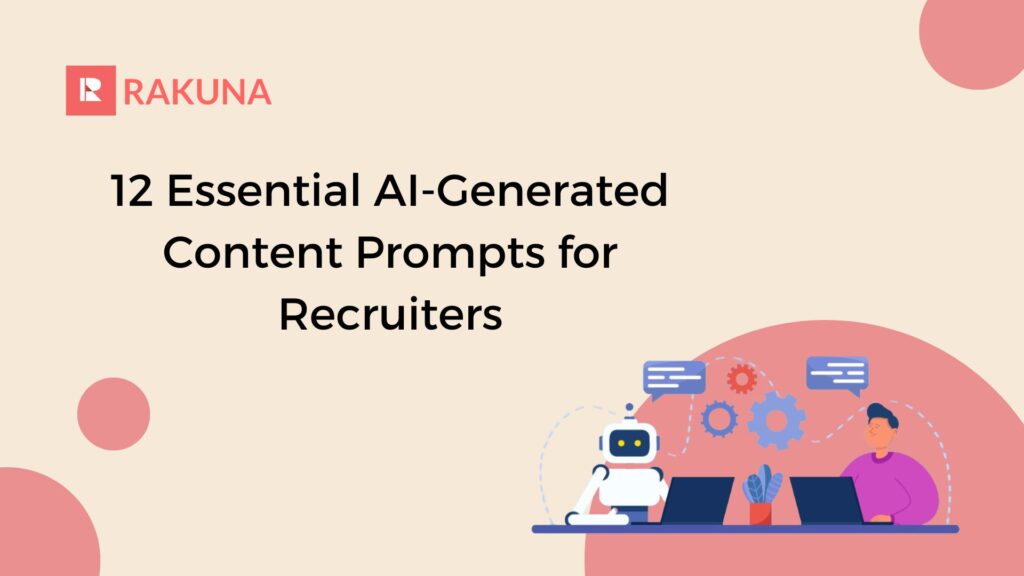
💡 Want to know other cool content that an NLP AI can help you recreate? We have a Free Prompt List of various recruitment content & communication touchpoints to boost your recruitment team!
Enhancing Candidate Experience with AI Feedback
A perhaps unexpected benefit of AI interviewing is a more humane candidate experience. In a traditional process, rejected applicants often receive no detailed explanation. But AI systems can automate personalized feedback at scale. Take the case of Unilever’s hiring program: after each online gamified and video interview, the AI generates a report on the candidate’s strengths and areas to improve. Remarkably, every single applicant – even those who didn’t get the job – receives this multi-page feedback.
HR leaders at Unilever highlight that this transforms the process: candidates see why they weren’t a fit, and what skills they might build for next time. Instead of a “black hole,” applicants get actionable insights. This action not only treats people fairly but can even build the company’s brand: candidates feel respected and learn something of value.
Beyond ethical fairness, feedback loops can help the business. When applicants understand what competencies matter, they can self-select or prepare better for future openings. Some AI tools now even offer practice interviews, using the same scoring algorithms to give users tips on clarity or confidence.
While this is an emerging area, the trend is clear: AI enables a two-way conversation. Candidates get more information, and employers cultivate a positive image.
Human Oversight and Ethical Guardrails
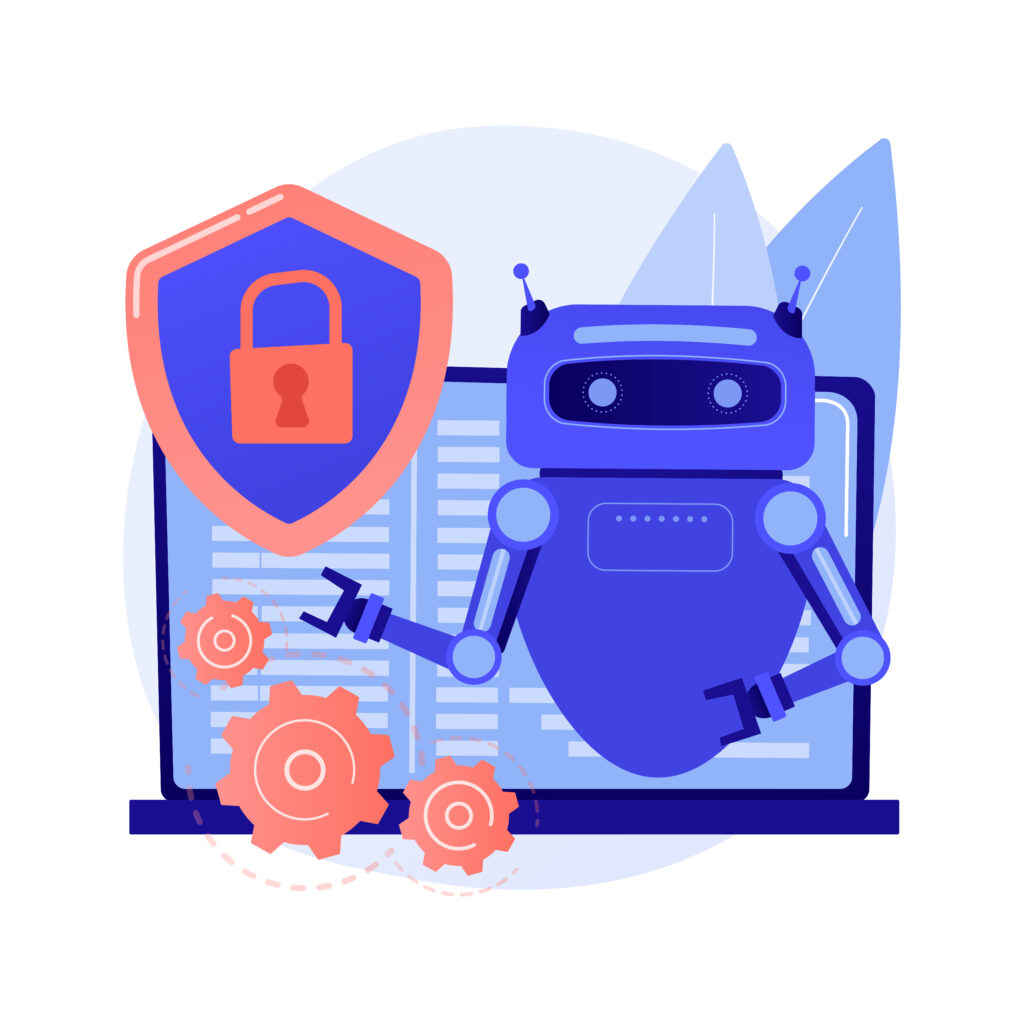
AI can be a powerful tool in the hiring process—but only when it’s used with care and accountability. As seasoned HR professionals know, no algorithm is free from the biases baked into its data or design. That’s why leading organizations don’t just implement AI—they actively govern it.
Take Unilever, for instance. Their hiring workflow integrates AI to streamline initial screening, but the final decision always involves a human recruiter. According to MIT Sloan Management Review on the Unilevel case, their AI governance model includes human review of all resume screenings and interview decisions, ensuring that technology never replaces professional judgment. If an AI score seems off, it’s flagged and checked manually. The goal isn’t to eliminate bias with machines, but to catch and correct it before it impacts real candidates.
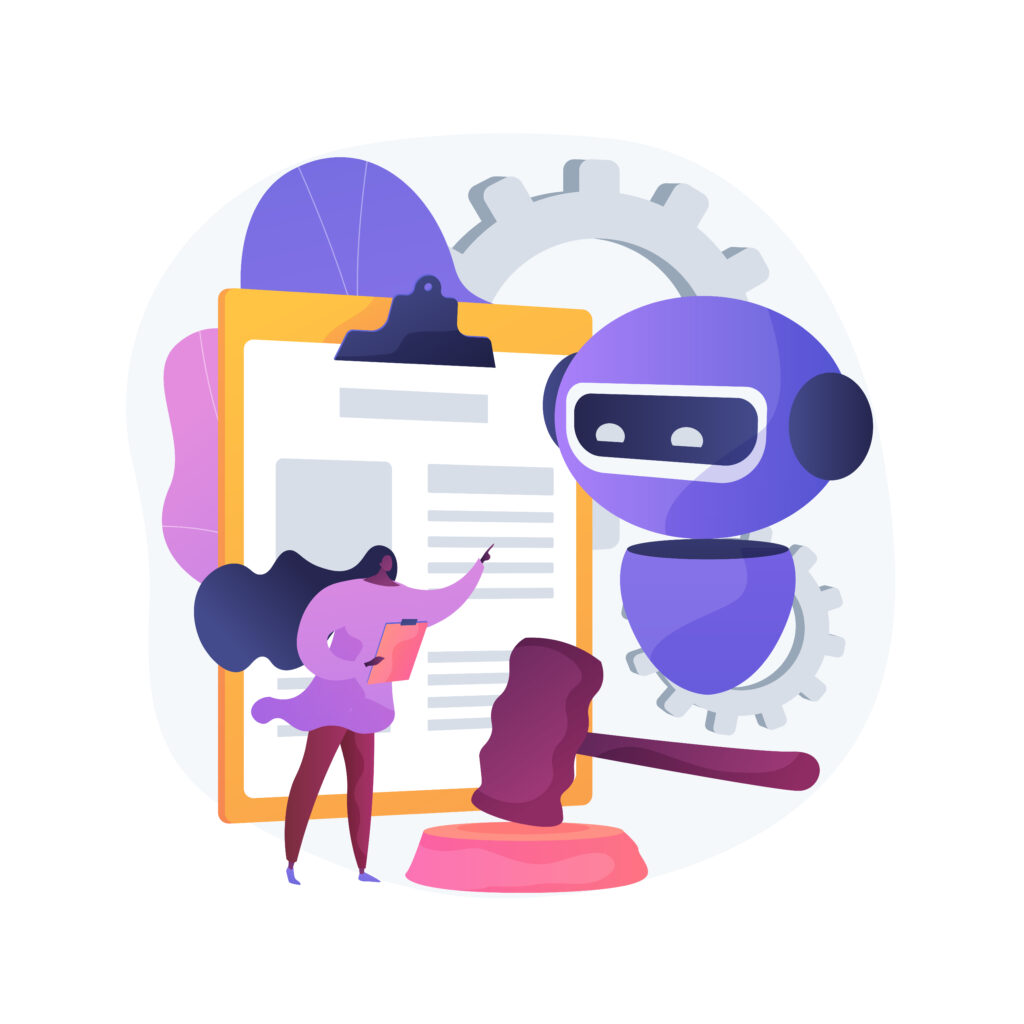
These kinds of safeguards matter. We’ve already seen what happens when AI runs unchecked. In one case, an AI resume screener at a tech firm began downgrading resumes that mentioned “women’s” organizations, such as leadership clubs, because it learned from biased historical patterns. The company quickly shut it down.
Likewise, back in 2021, HireVue removed facial-expression analysis from its interview scoring. Their rationale? Facial cues can vary dramatically based on culture, context, or disability, making them unreliable and unfair.
The industry is learning and adjusting. More vendors now lean into behavioral signals like word choice or thought process, while stepping back from visual cues that can introduce risks. At the same time, regulation is catching up.
In Colorado, upcoming legislation will require companies to ensure transparency and human oversight in AI-powered hiring. As one legal expert shared at a recent HR conference, the future of recruitment isn’t just about AI—it’s about combining it thoughtfully with human intelligence.
💡 So if you have (or simply planning to involve) an AI-backed recruitment solution – here is a check list to see if your recruitment process still maintain that human-touch.
To Conclude …
AI-powered virtual interviews are no longer a glimpse of the future—they’re here, reshaping how top HR teams approach hiring. But the real power of this technology doesn’t come from replacing human judgment. It comes from enhancing it.
When virtual interviews are designed with standardized questions, grounded in job-relevant skills, and backed by smart analytics, they offer something genuinely valuable: consistency, deeper insight, and a better candidate experience.
But the magic happens when HR professionals stay in the loop—reviewing results, spotting red flags, and making the final calls. In that balance, AI becomes a partner, not a gatekeeper.

Team Rakuna
The Rakuna Team comprises a diverse group of professionals hailing from various corners of the world.
With a passion to enable organizations to hire their next waves of talents, we are dedicated to help organizations stay updated on important recruiting technology and industry best practices.

